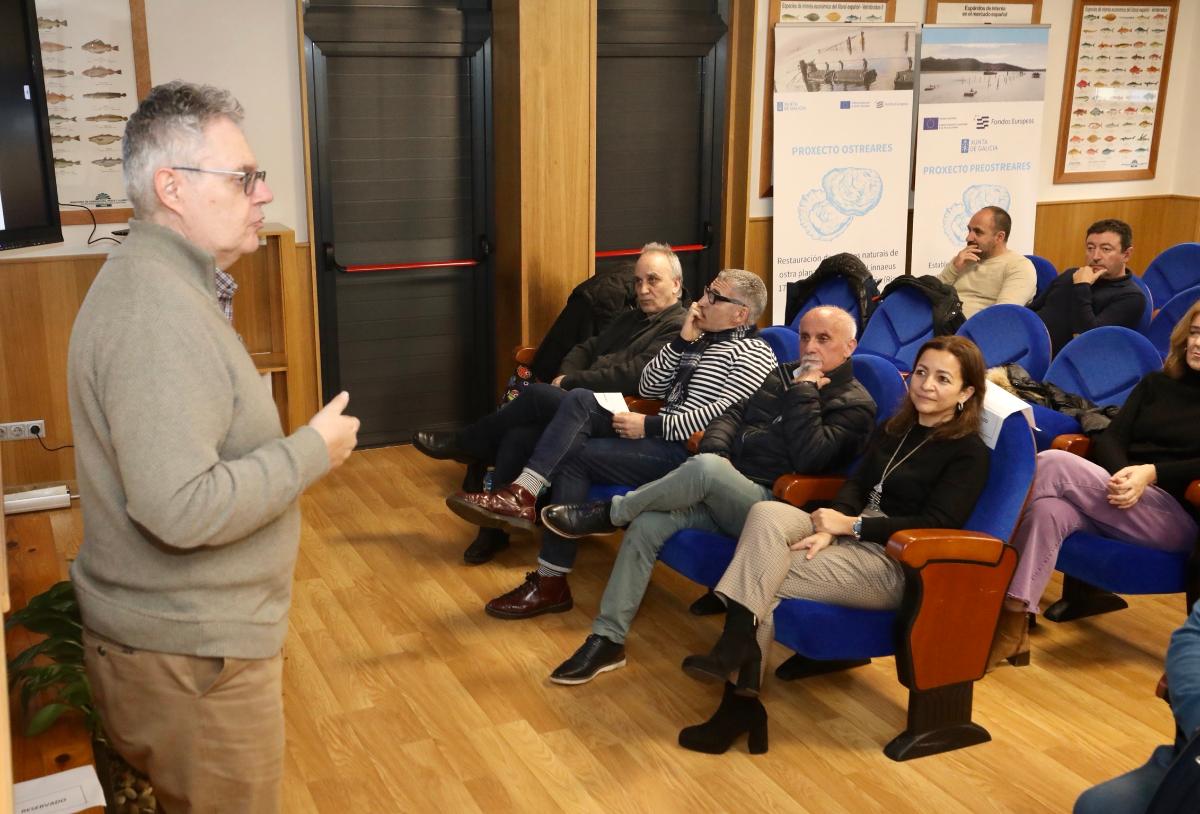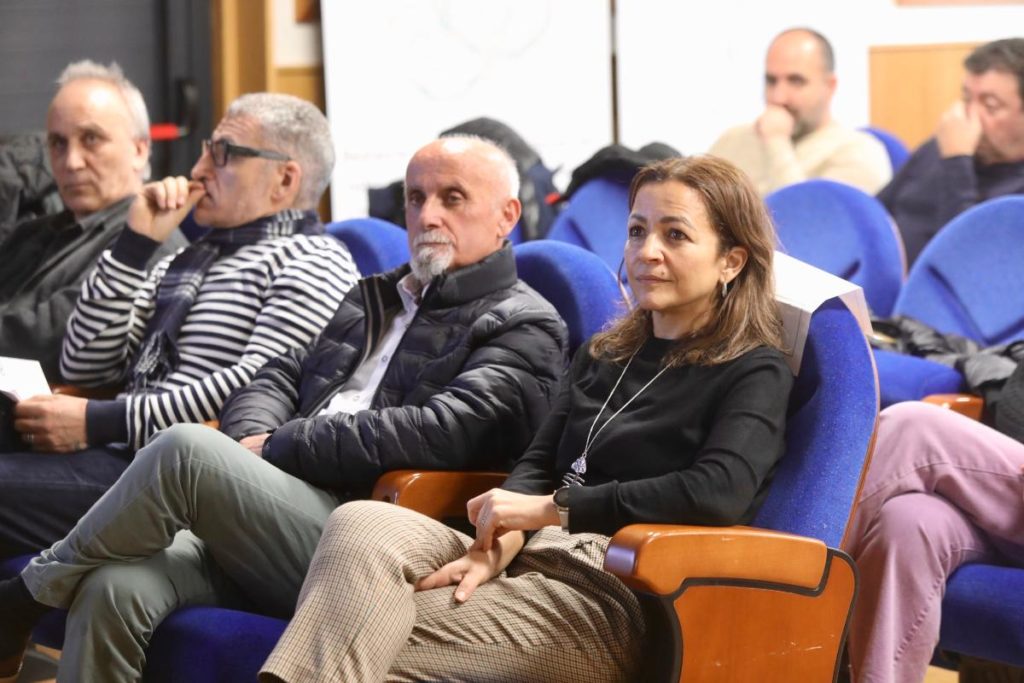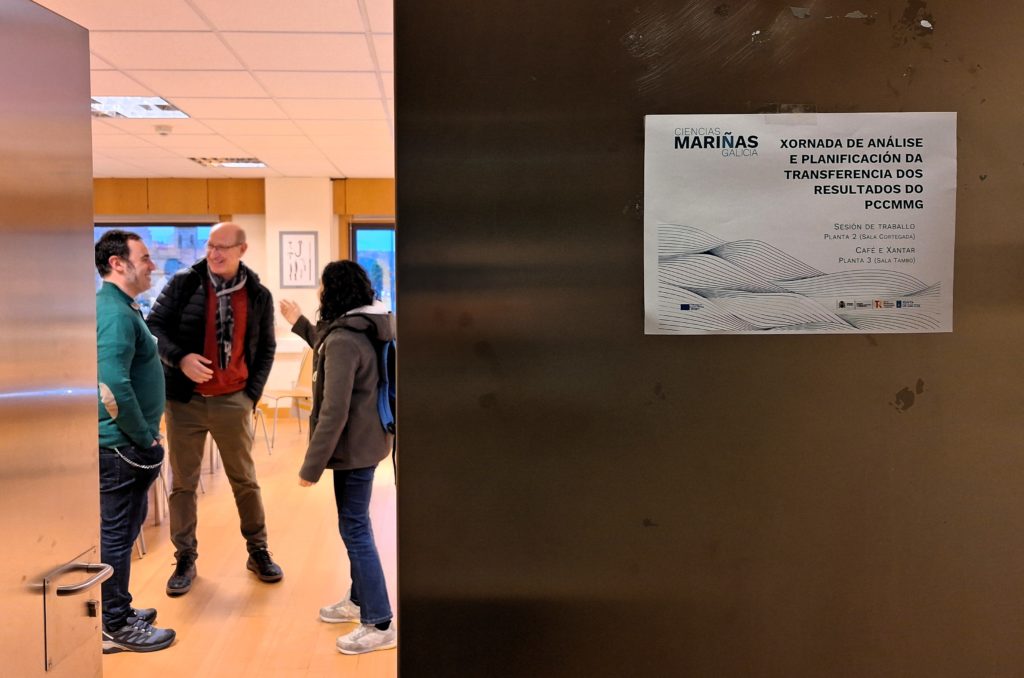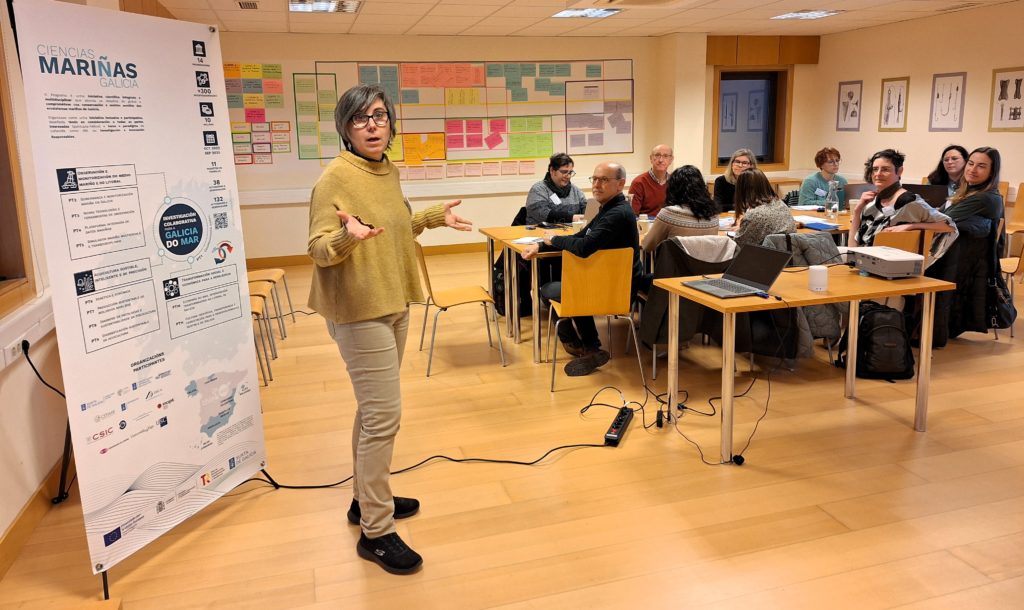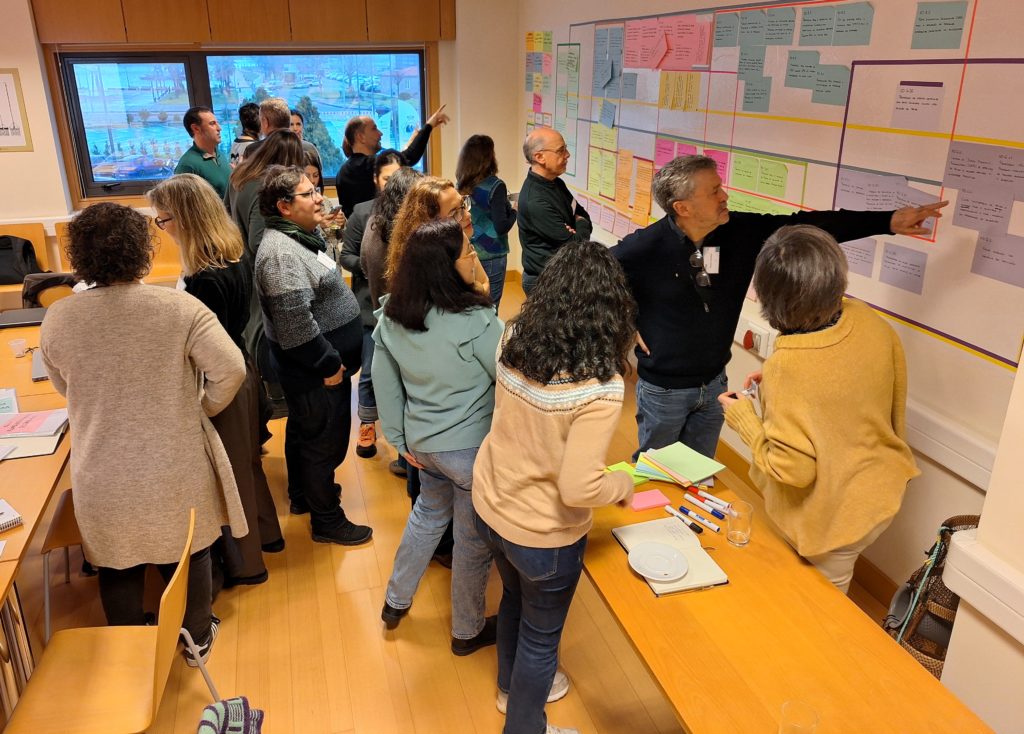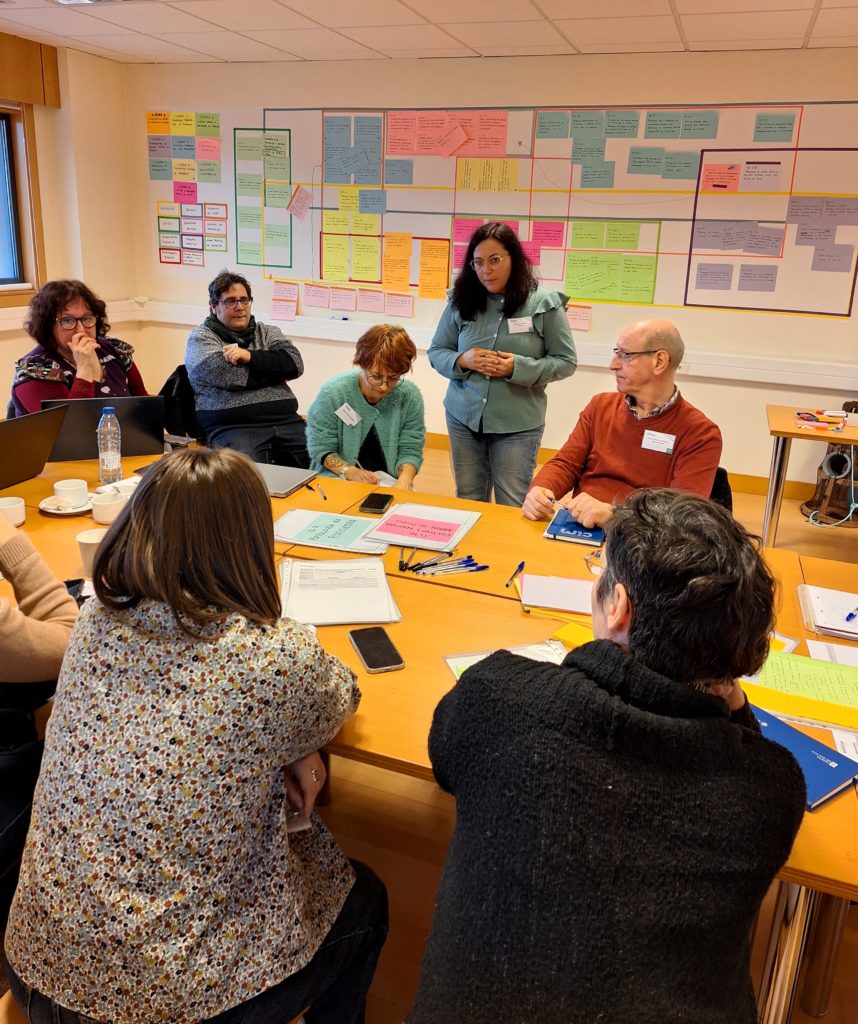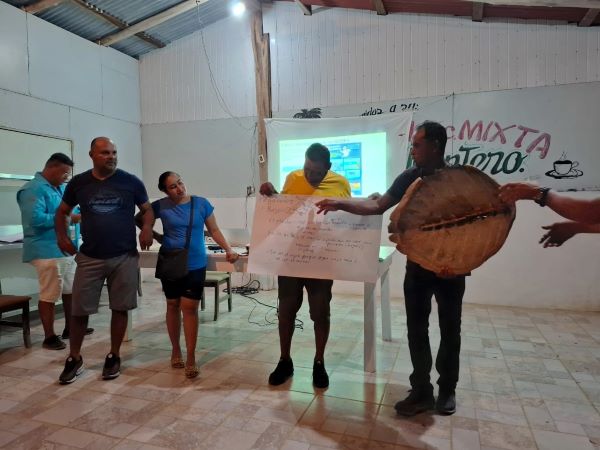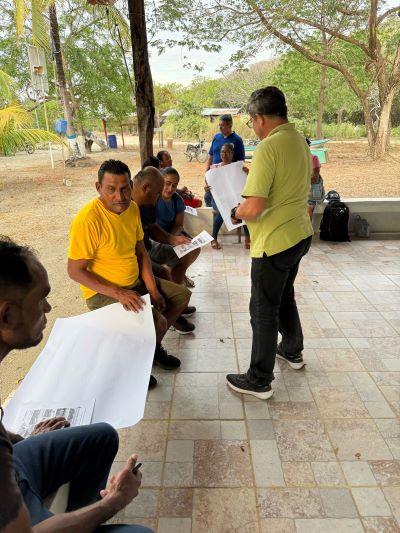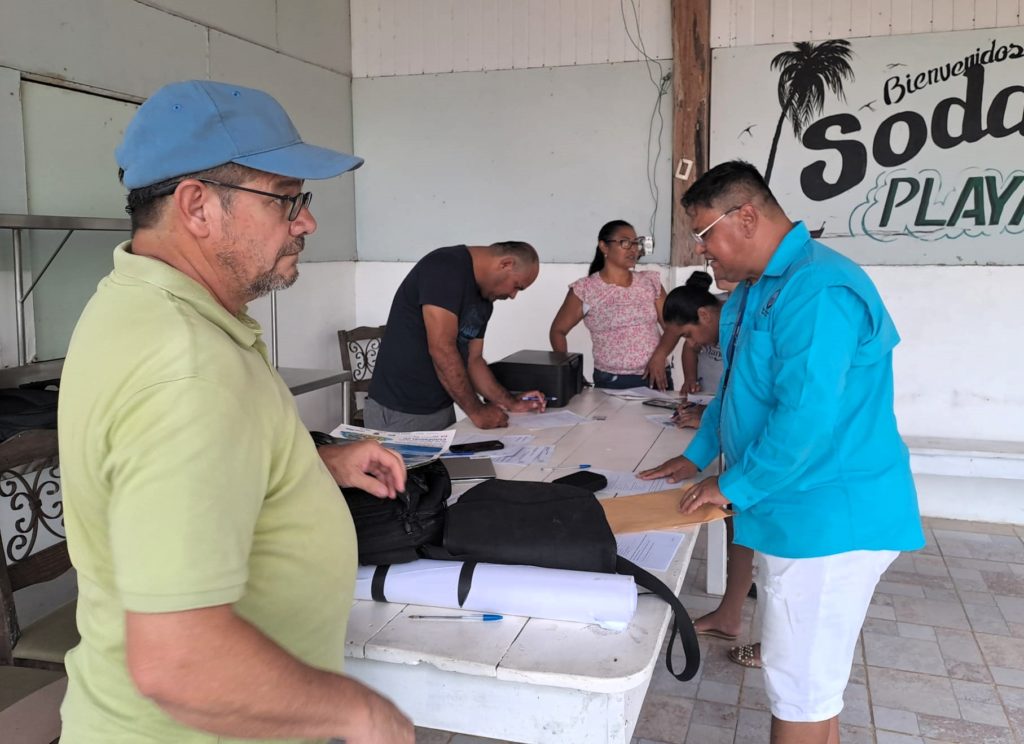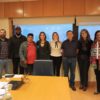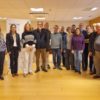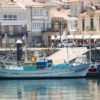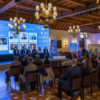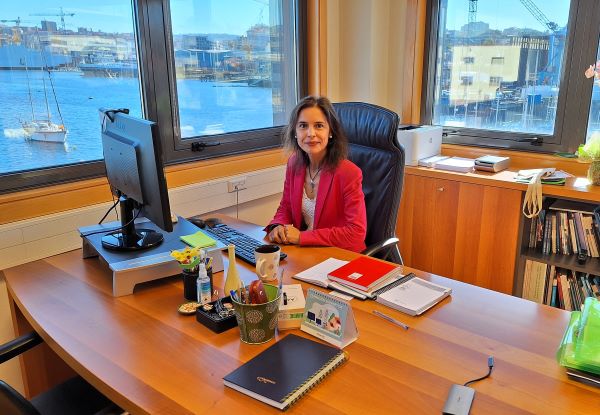
The Managing Director of CETMAR, Rosa Chapela, invited as a guest speaker at the annual meeting of EUROFISH partners in Copenhagen
The Managing Director of CETMAR, Rosa Chapela, will participate as a guest speaker at the annual meeting of Eurofish member countries, to take place next Thursday, 30th January, at the headquarters of the international association in Copenhagen.
Around fifty representatives of the ministries responsible for fisheries and aquaculture from the 13 EUROFISH member and partner countries will take part in this meeting. They will address, among other issues, the work programme and budget for 2025, as well as assessing the activities carried out last year.
Traditionally, the work agenda of the annual EUROFISH meeting is completed with two presentations, one by a member of the international organisation, and another by an external expert. This edition it will be offered by the managing director of CETMAR, on behalf of Galicia.
Rosa Chapela will talk about the socioeconomic impact of fisheries and aquaculture in Europe and more specifically in Galicia, stressing the importance of socioeconomic impact studies in both sectors for better informed decision by public administrators.
She will also talk about the few studies of the socioeconomic impact that coastal communities may consult to face a reduction in fishing quotas, including those conducted by the Galician administration with data from experts in fisheries economics from the University of Santiago de Compostela.
The director of CETMAR will thus focus on the need to consider economic and social data together with biological and ecological data for decision-making. This will contribute to a more sustainable fisheries management and improve the welfare of fishing communities. She will cite other examples of economic impact studies being developed by the Galician administration, and related to the blue economy of Galicia, the management of marine space for shellfishing, fishing and aquaculture or the impact of projects from local fisheries action groups in coastal communities.
The presentation is scheduled for Thursday, 31st January at 14:30 hours, after the intervention of Søren Espersen Schrøder, member of Eurofish, who will present a new tool to help decision- making in fishing companies.
EUROFISH is an international organization that works to contribute to the sustainable development of fisheries and aquaculture; to promote trade of high quality and value-added fishery products and ease the transfer of information and knowledge.
To meet the objectives, the organization publishes the sectorial information in the Eurofish magazine and website, and organizes congresses, workshops, seminars, and meetings between companies. It also develops projects in the areas of fisheries, aquaculture, markets, and trade. Eurofish’s current member countries are Albania, Croatia, Denmark, Estonia, Hungary, Italy, Latvia, Lithuania, Norway, Poland, Romania, Turkey, and Spain.

